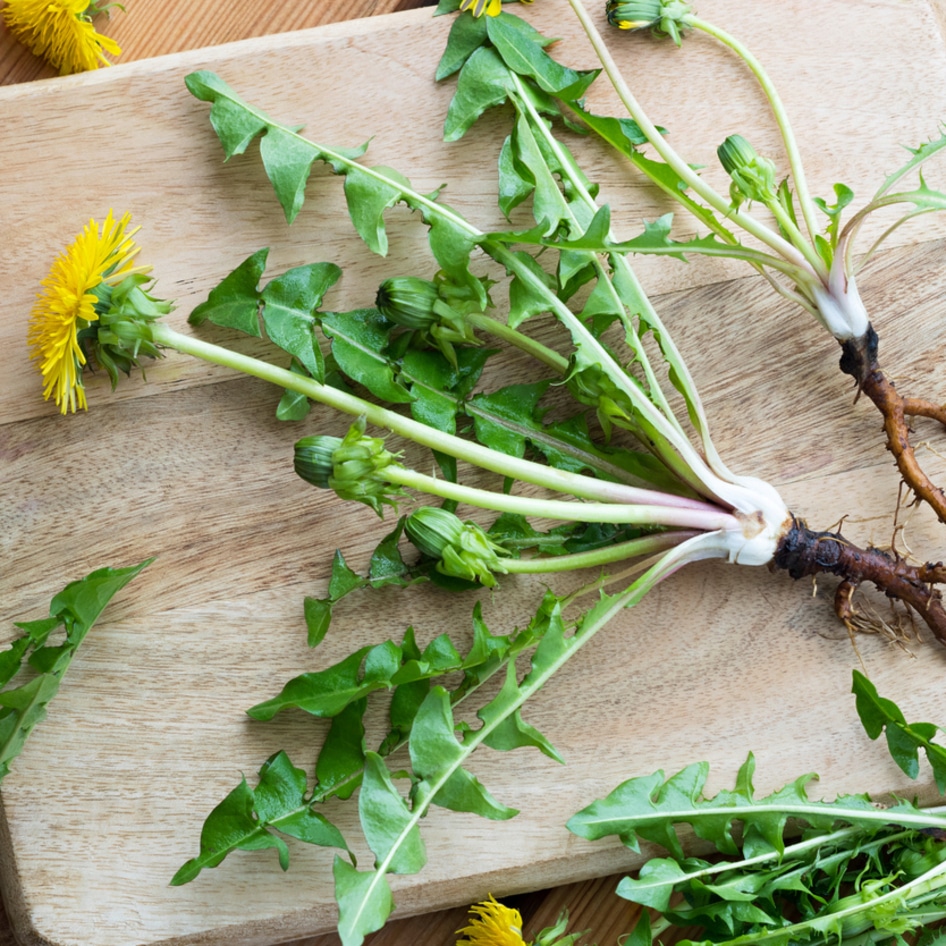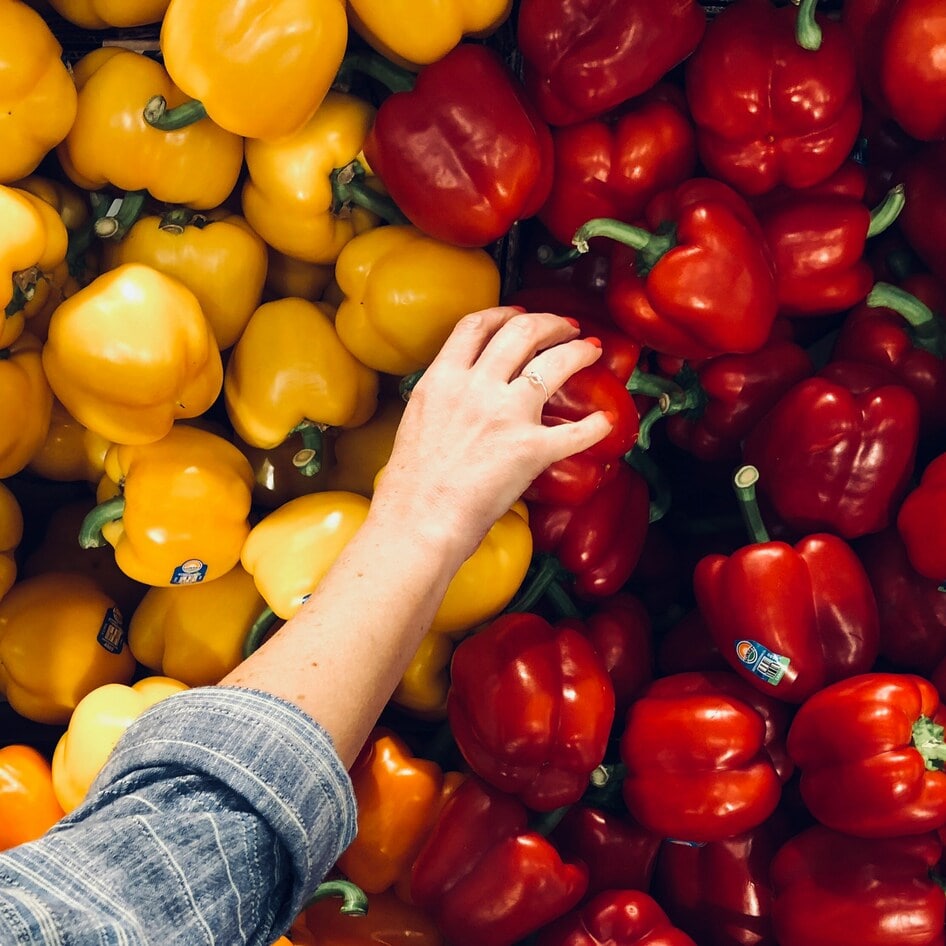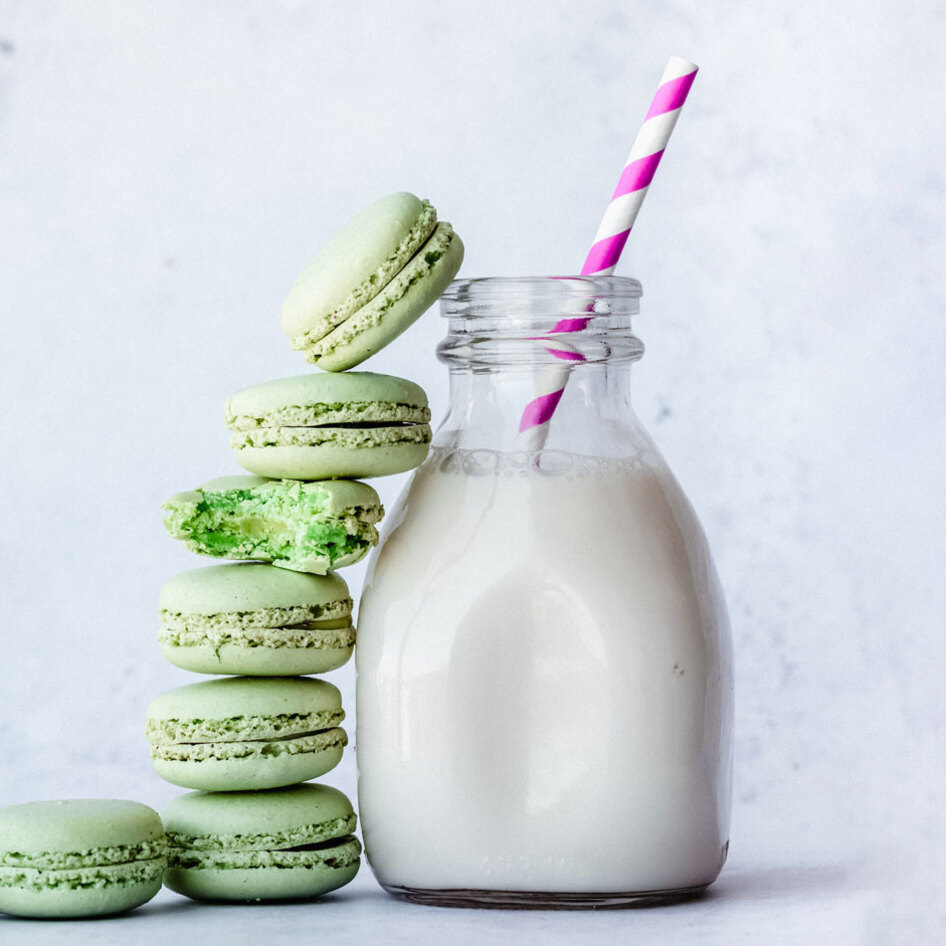Eco-friendly Flowers
Before bestowing that next bouquet of beautiful begonias, brush up on your flower-industry facts.
November 17, 2008
We give flowers to console, to bring cheer, and to brighten our homes, but beyond the tissue paper and cellophane wrapping, there lurks a dark secret: the flower factory farm. Just like animal agriculture, the commercial flower industry is rife with scary production practices involving toxic chemicals, unfair labor practices, and excessive consumption of water and other precious natural resources. But for the savvy buyer, there are sweet-smelling, eco-friendly options, and nobody’s nose will know the difference.
A Thorn in Our Sides
More than 70 percent of the world’s cut flowers are grown in South America, and more countries around the world are jumping on board to get their piece of the pie. To produce flowers quickly and cheaply, industrial flower farmers use massive amounts of carcinogenic pesticides and herbicides, using energy-consuming, growth-stimulating strategies. Heated greenhouses, intense fertilizers, growth hormones and artificial lighting are used to force flowers to grow faster and out of season. The resulting “McFlowers” are often grown in countries where stringent pesticide restrictions do not exist or are limited. In addition, because flowers are not consumed, they are not tested for pesticide residues, and there is no legal requirement to do so.
Risky Business
Flower industry workers—predominately women—are poorly paid for their labor, which is often conducted without the benefit of protective clothing. More than 60 percent of workers from these communities suffer from pesticide-related illnesses including skin and respiratory problems, blurred vision, fatigue, and premature birth. Our environment also takes a heavy hit as the runoff from the noxious brew of fertilizers and chemicals washes off into surrounding streams, contaminating the plants and animals in that environment and threatening the health and vitality of many more innocent people besides the workers who are directly involved in flower production.
Same-Day Delivery
The majority of flowers found in First World florist shops and grocery stores travel long distances from the Third World via fuel-guzzling cargo planes. They are kept at very cool temperatures and packed in buckets of water or with individual plastic water tubes on every stem to ensure they keep their “just picked” appearance. The energy burned to cool and ship these luxury items is, without question, taxing to the environment.
Good News for Caring Consumers
Remember when we needed to take weekly field trips to the nearest co-op to find natural products, whereas now we can find chemical-free, unprocessed provisions just about anywhere? Like the natural foods market, the organic flower industry is beginning to bud, and it’s just a matter of time before it blooms, thanks to conscious consumers who raise awareness and create a demand. One way to support the sustainably produced flower industry and avoid waste generated from stay-fresh gadgets like disposable plastic tubes and other unnecessary packaging is to buy locally grown, in-season flowers. The next time you need a bouquet, check with your local farmers’ markets or natural food store to find environmentally produced flowers and plants.
Non-traditional varieties such as lavender or sunflowers are often a good bet. A few major retailers are already offering organic flowers; Whole Foods has added organic roses and calla lilies to its floral department, and there are a handful of web-based retailers offering organically grown flowers for delivery. So, take time to stop and smell the roses, to give that graduation bouquet, and pin that corsage on your prom date—but for your health, that of other people, and for the environment, make sure they’re organic and chemical-free.
What’s in season?
Anemones: December-February
Freesia: Year-round
Gladiolus: June-July
Narcissus: January-February
Tulips: January-March
JUMP TO ... Latest News | Recipes | Guides | Health | Subscribe







